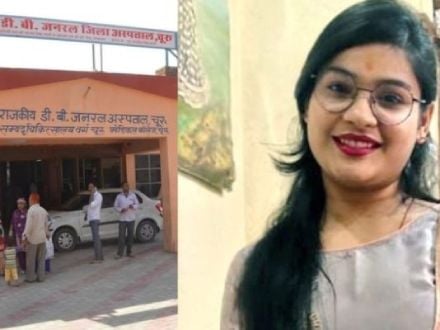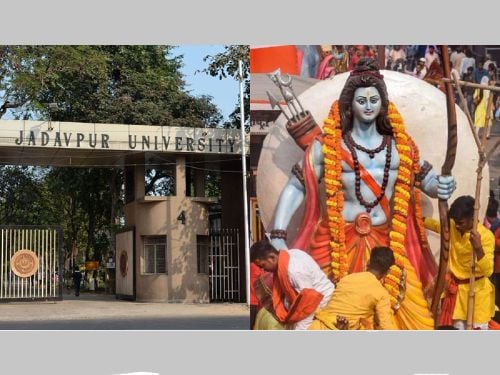
Asaduddin Owaisi, President of All India Majlis-e-Ittehadul Muslimeen (AIMIM), moved the Supreme Court on Saturday (16th March), urging for a halt on the implementation of the Citizenship Amendment Act (CAA). In his plea, Owaisi contended that the Act poses a threat to the Muslim community in India.
In his plea, Owaisi said, “The evil posed by the CAA is simply not one of under-inclusion of the grant of citizenship, but is very blatantly the isolation of a minority community to selectively take action against them consequential to the denial of citizenship.”
Asaduddin Owaisi contended that the government should refrain from entertaining or processing any applications for granting citizenship status under Section 6B of the Citizenship Act, 1955, as amended by the Citizenship (Amendment) Act, 2019, while the legal proceedings are ongoing.
Additionally, his petition also requested that no recourse be permitted under the proviso to Section 2(1)(b) of the Act. It is pertinent to note that in 2019, Owaisi submitted a petition to the Supreme Court, contending that the current Citizenship (Amendment) Act falls short of meeting the standards set by Article 14 of the Constitution.
AIMIM president Asaduddin Owaisi approaches the Supreme Court seeking to stay the implementation of the Citizenship Amendment Act (CAA), 2019 and the Rules, 2024.
Owaisi says no applications seeking grant of citizenship status be entertained or processed by the government under… pic.twitter.com/w8uQii4lyn
— ANI (@ANI) March 16, 2024
The petitions come amidst the implementation of the Citizenship Amendment Act (CAA) by the Central government. The Act, passed by Parliament in 2019, aims to expedite citizenship for non-Muslim refugees from Pakistan, Bangladesh, and Afghanistan, who arrived in India before December 31, 2014.
The notification of the Act has sparked criticism from opposition leaders. However, Union Home Minister Amit Shah has reiterated that the CAA does not strip anyone of their citizenship and is in line with the constitutional promise to grant refuge to persecuted religious minorities from neighbouring countries.
Asaduddin Owaisi’s move to challenge the CAA in the Supreme Court follows a series of developments, including the recent notification of the Citizenship Amendment Rules 2024 by the Central government. These rules aim to enforce the provisions of the CAA.
While the Supreme Court is set to hear the petitions on 19th March, the Government has defended the Act, emphasising its compliance with constitutional principles and its humanitarian intent to provide shelter to persecuted minorities from neighbouring Muslim countries.
Source: OpIndia

 Md Farooq Sheikh from Gujarat poses as an army major to smuggle liquor from Maharashtra
Md Farooq Sheikh from Gujarat poses as an army major to smuggle liquor from Maharashtra Rajasthan: Woman found hanging at a beauty parlour, Arshad, 3 others booked
Rajasthan: Woman found hanging at a beauty parlour, Arshad, 3 others booked Jadavpur Univ revokes permission to celebrate Ram Navami on campus after granting it
Jadavpur Univ revokes permission to celebrate Ram Navami on campus after granting it Chhattisgarh: Naxal top commander along with 28 other Naxals killed in a joint operation
Chhattisgarh: Naxal top commander along with 28 other Naxals killed in a joint operation Andhra Pradesh: Farooq kills mentally challenged Hindu man for insurance money
Andhra Pradesh: Farooq kills mentally challenged Hindu man for insurance money Maulana Sonu Hafiz arrested for raping a 14-year-old girl in Kanpur
Maulana Sonu Hafiz arrested for raping a 14-year-old girl in Kanpur